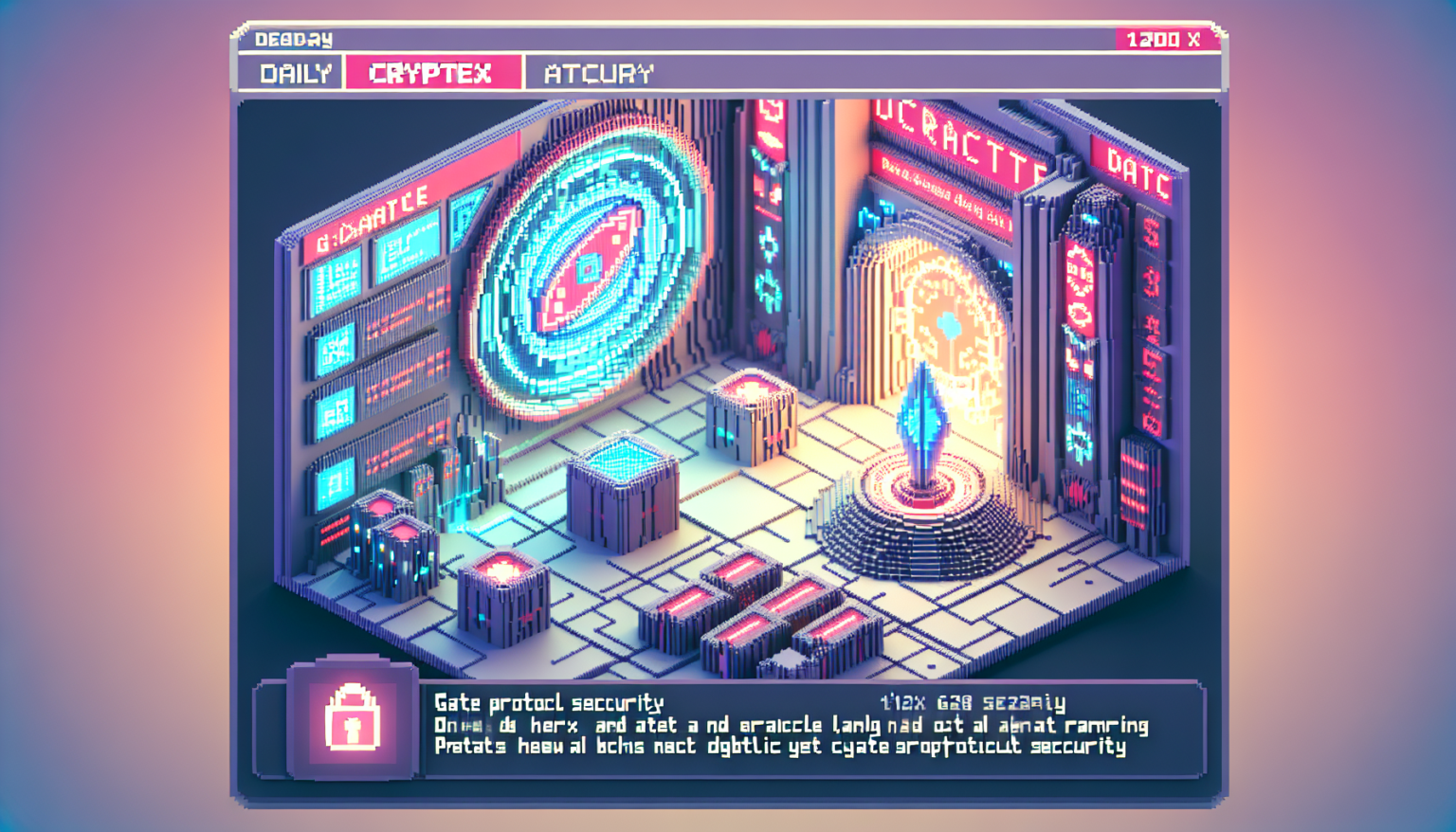Hexagate Releases Gate Security Oracle, The First Decentralized ML-Based Security Protocol in DeFi
Hexagate has introduced the Gate Security Oracle, leveraging the eOracle stack—a top AVS on EigenLayer. This marks a significant leap in decentralized machine learning (ML)-based security protocols in DeFi.
The Gate Security Oracle is designed to tackle trust and security issues in DeFi by ensuring protocols remain decentralized while maintaining robust security. Traditionally, many DeFi projects have had to rely heavily on external data, which often results in compromised security and decreased user trust.
The Actively Validated Services (AVS) from EigenLayer address these security concerns. By using billions in staked Ethereum (ETH) through its re-staking protocol, AVS enables DeFi projects to strike a balance between security and decentralization.
Among the notable AVS protocols, eOracle stands out by using re-staked ETH to secure its networks, backed by a substantial security budget.
eOracle’s current statistics are impressive, with over $5 billion in staked ETH, supported by more than 120,000 stakers and over 110 validators globally. These figures make it one of the most resilient oracle solutions in the crypto space.
The Gate Protocol Security Oracle, developed by Hexagate on the eOracle stack, employs the Oracle Validated Service (OVS) model. This enables the integration of Hexagate’s robust ML models to safeguard on-chain protocols from hacks and other threats, acting as a ‘DeFi Firewall’ to preemptively mitigate risks.
Modularity and Future Prospects
OVSs bring a new level of modularity to blockchains, providing the necessary computational bandwidth and connectivity for infrastructure applications.
“When we began developing eOracle, our goal was to align closely with Justin Drake and Vitalik Buterin’s enshrined Oracle EIP proposals,” said Matan Si, founder of eOracle. “However, we soon recognized that while Ethereum provides an excellent architecture, it is impractical for many use cases.”
Si further elaborated that eOracle was designed to support heavy computation and fast connectivity, utilizing Ethereum validators and staked ETH for shared security. This innovation is expected to extend beyond blockchains to middleware, paving the way for future modular advancements.










